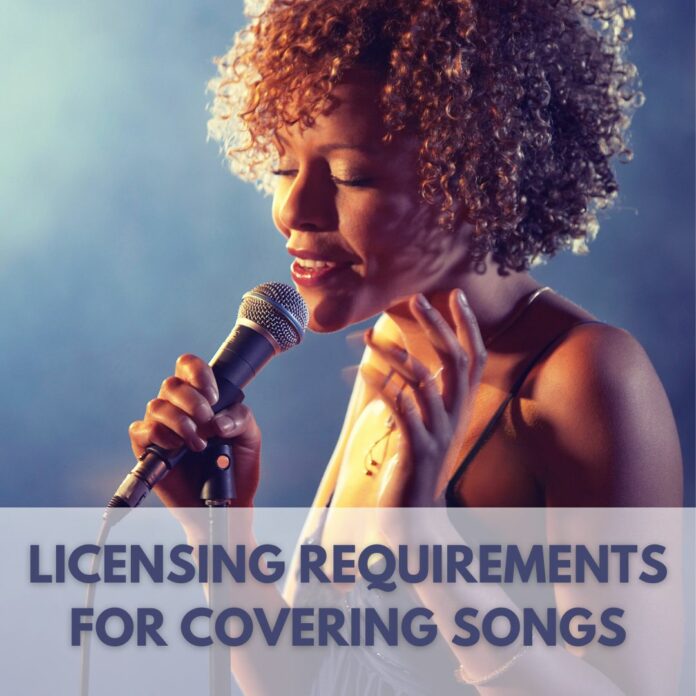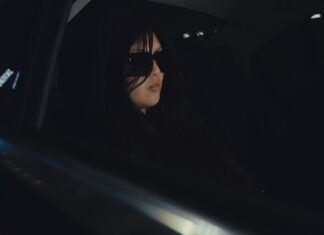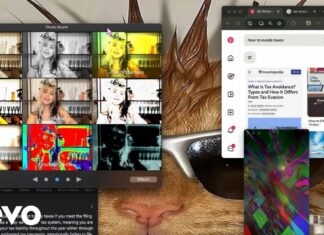
Covering a song is more than just an artistic expression; it involves understanding and respecting the legal rights of the original creators. When you cover a song, you use someone else’s intellectual property. This is where licensing comes into play.
What is a Cover License?
A cover license, often known as a mechanical license, grants permission to record and distribute a song that someone else wrote without changing the fundamental character of the song. This license is crucial for legally releasing a cover song on platforms like YouTube, Spotify, or physical CDs.
Why Do You Need a License for Cover Songs?
Legal Requirement: To avoid copyright infringement, obtaining a license is mandatory. Without it, you’re vulnerable to legal actions by the copyright holder.
Revenue Sharing: Proper licensing ensures the original creators are compensated for their work.
Professionalism: Securing a license reflects your professionalism and respect for fellow artists.
How to Obtain a Cover License
Step-by-Step Guide:
Identify the Right Holders: Find out who owns the song. This could be the songwriter, publisher, or both.
Choose a Licensing Agency: Organizations like Harry Fox Agency or Easy Song Licensing can help you obtain mechanical licenses.
Provide Details About Your Cover: This includes the song title, original artists, and how you plan to use the cover.
Pay the Licensing Fee: Fees vary based on the expected number of downloads or physical copies.
Receive the License: Once approved and paid for, you’ll receive your license, usually via email.
Online Distribution and Streaming Services:
Many online music distributors offer cover song licensing services as part of their distribution packages. This can simplify the process, especially for digital releases.
Limitations of a Cover License:
No Changes to Lyrics or Melody: Dramatic alterations require a different license type.
Territorial Limits: Some licenses are valid only in certain countries.
Renewal: Licenses have a duration and may need renewal based on your distribution plan.
Performing Covers Live:
Performing a cover song live typically doesn’t require a mechanical license. However, the venue should have a performance rights license to host live cover performances legally.
Conclusion
Covering a song is a beautiful way to pay homage to other artists and share their music with your audience. However, it’s essential to do so responsibly by understanding and adhering to licensing requirements. This not only protects you legally but also shows your respect for the original creators’ rights.
Music is a shared language, but its legal aspects are equally important. By navigating these waters carefully, you can enjoy the creative process while ensuring everyone’s rights are respected.





















 🔥 Limited Time: Get 55% OFF All Plans - Ends in:
🔥 Limited Time: Get 55% OFF All Plans - Ends in: